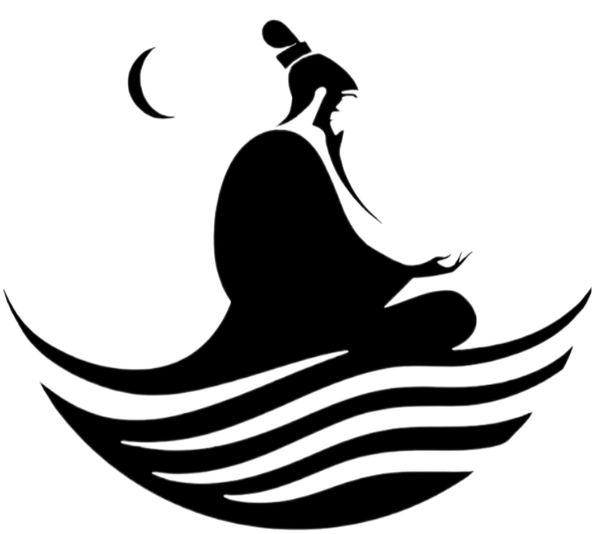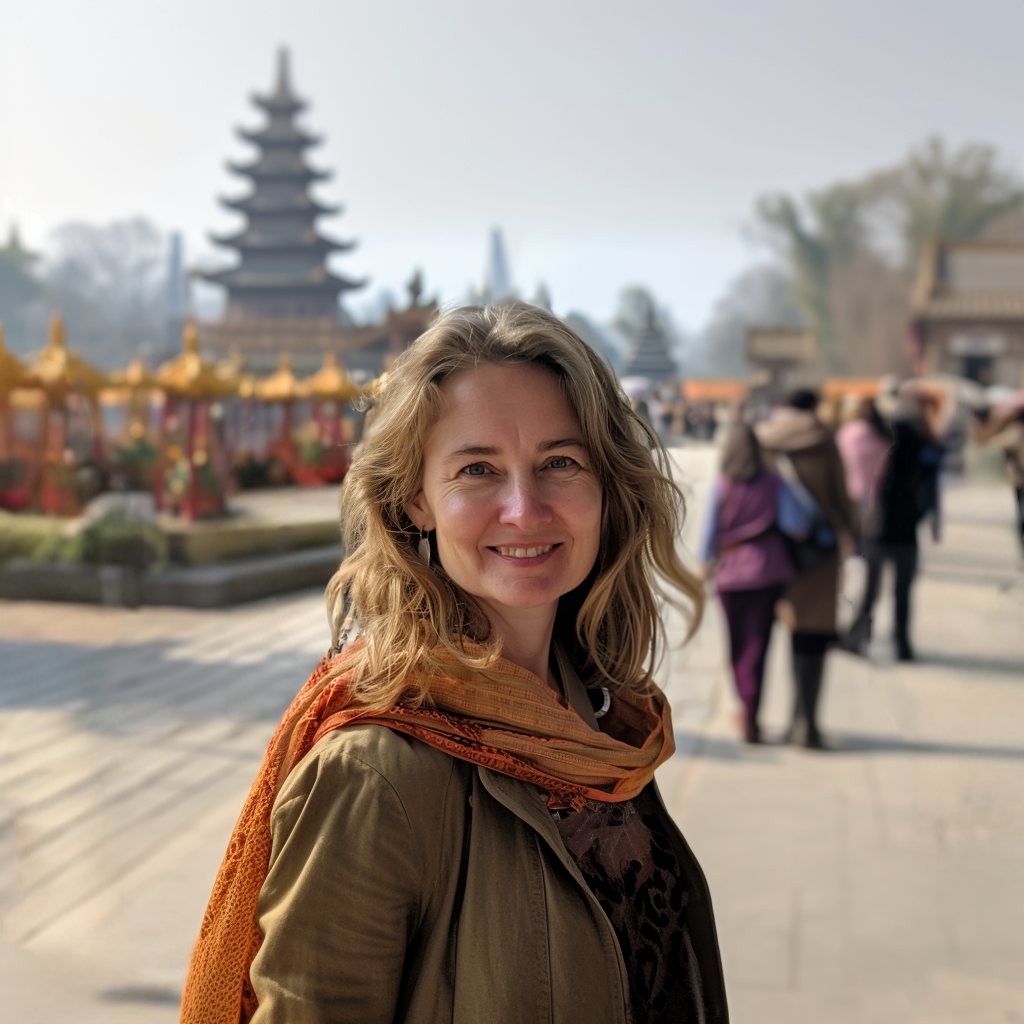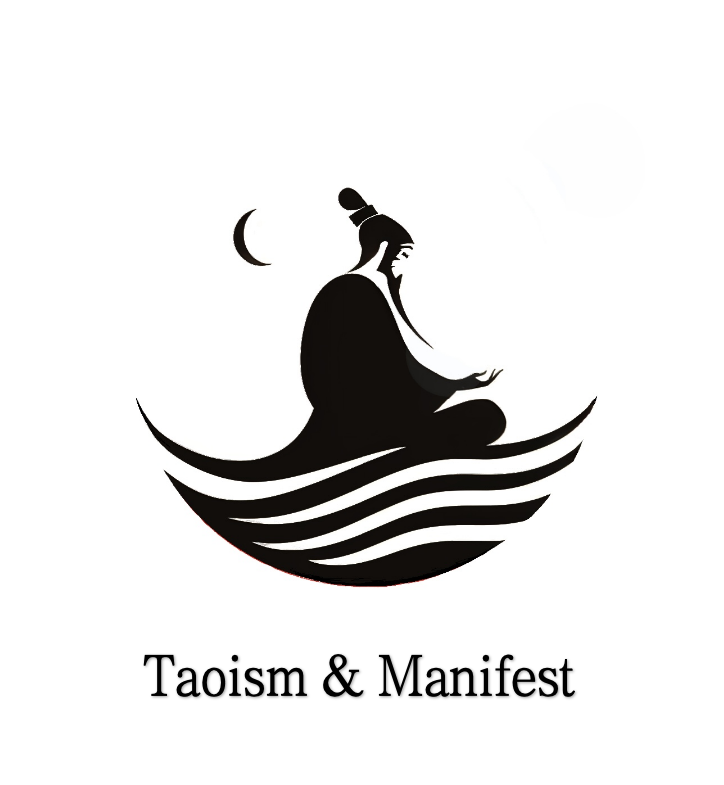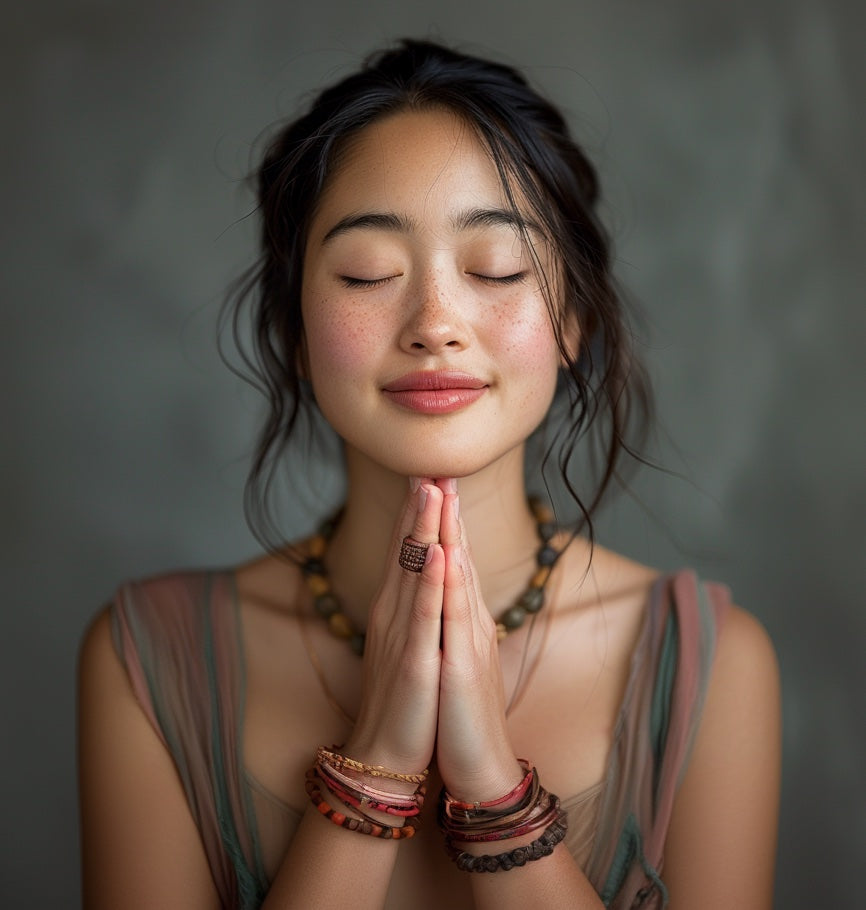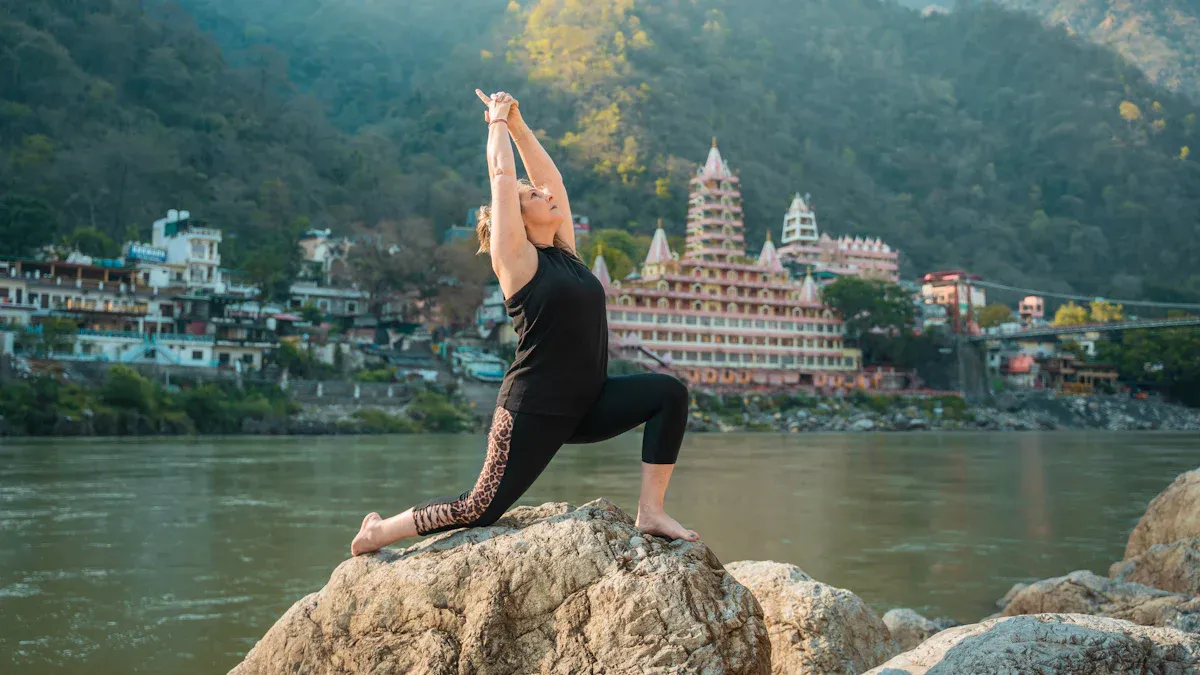
Travel gives more than just new things to see. It can show taoism in real life if you have an open heart. Many people see that dropping strict plans brings surprise joy and helps them grow. Studies show that mindful travel helps you accept the present moment. This can give you more happiness and kindness to yourself. In places like Yunnan, travelers like David Allan show how taoism teaches us to go with the flow. This helps each trip become a way to find peace and learn new things.
Key Takeaways
Travel with an open heart: Embrace the journey with a willingness to experience new things.
Go with the flow: Adapt to the situation to find peace and joy in every moment.
-
Practice mindfulness:
Stay present in the moment.
Breathe deeply and listen carefully to the surroundings.
Accept changes and surprises: Treat unexpected events as opportunities to learn and grow without stress.
-
Keep travel simple:
Carry less to make the journey lighter and easier.
Spend time in nature: Use the calming effect of natural environments to stay grounded.
Follow easy routines to stay calm: Maintain simplicity in your daily actions for inner peace.
Use travel for reflection and meditation: Treat the journey as a chance to connect with your inner self and foster personal growth.
Accept changes and surprises: Treat unexpected events as opportunities to learn and grow without stress.
Taoism and Travel
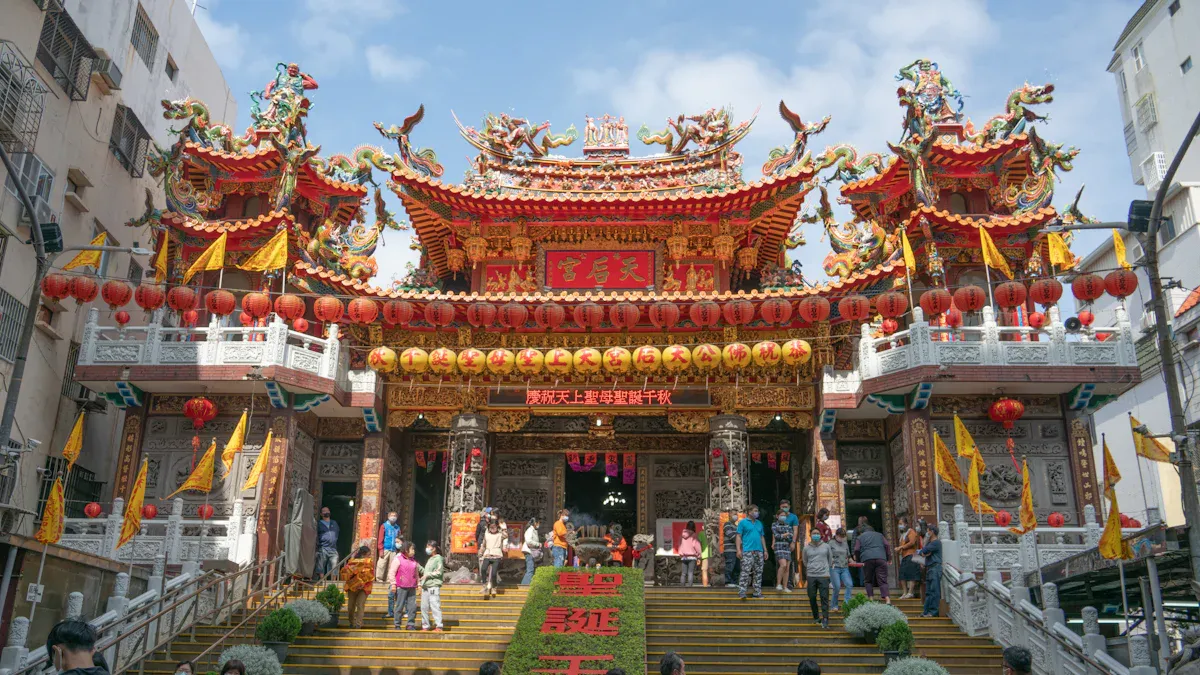
Flow and Wu Wei
Taoism says life is like a river. The river moves around rocks and turns. It does not fight its path. This is called Wu Wei. Wu Wei means going with the flow. It means not forcing things to happen. Travelers who use Wu Wei do not stick to strict plans. They let each moment decide what to do next. If a train is late or a road is closed, they do not get mad. They save their energy and look for new ways to go. This way, they feel calm and happy, even when things change.
David Allan’s trip in Yunnan shows this idea. He went to a small village to see a festival. The festival was canceled because it rained. David did not let this make him sad. He walked around the village and met local people. He joined a tea ceremony. By letting go of his plan, he learned more about the culture. The people and the place made his day special. He saw that travel works best when you go with the flow, just like Taoist practice.
Taoism also teaches balance and harmony. Travelers can use their energy well by not fighting every problem. They can rest when they are tired. They can explore when they feel curious. This balance helps them enjoy their trips more. It also keeps them ready for new adventures.
Tip: If your travel plans change, stop and take a breath. Notice what is happening around you. Let the moment show you a new way.
Free and Easy Wandering
The Taoist idea of "free and easy wandering" comes from old stories. These stories are about wise people who travel without worry. They do not rush or stay in one place too long. They enjoy each moment and let their energy lead them. This kind of wandering is not just about moving around. It is about letting go of old thoughts and seeing things in a new way.
In Yunnan, David Allan tried free and easy wandering. He did not use his map. He followed music he heard in the streets. He danced with people in a park. He tried new foods at a market. Each thing he did helped him learn about the culture. His energy matched the city’s rhythm. He found that real cultural learning happens when you let go of control.
Taoist practices tell travelers to wander with an open mind. They say to use your energy to discover, not to worry. This makes every trip a chance to learn and grow. The world feels bigger and kinder. The energy of each place feels like a gift.
-
Key Taoist principles for travel:
Go with the flow of life
Keep things simple and light
Be mindful and meditate
Look for balance and harmony
Stay in the present
Accept change and things that do not last
Be kind and caring
Travelers who follow these ideas find joy in every step. They use their energy to meet people and see new places. They learn that the best trips are not always planned. Sometimes, the unknown brings the best memories.
Mindful Travel
Presence in the Moment
Taoism says every moment is important. Travelers who stay present notice small things. They might hear rain or taste new foods. This helps them enjoy each part of their trip. Studies show mindfulness can lower stress and bring more joy. People who focus on now feel healthier and closer to where they are. They also make better connections with people and places.
Travelers can use easy ways to stay present. They can watch their breath while waiting in line. Some check their bodies for tight muscles or feel their feet on the ground. Others eat slowly and notice each flavor. These habits help travelers dive into new cultures. This makes every trip feel special.
Tip: When you go somewhere new, stop and breathe three times. Look, listen, and feel what is around you. This helps your mind focus and your senses wake up.
Deep Listening
Deep listening means giving full attention to people and places. Taoist philosophy tells travelers to stay open, like a hollow in the hills. This helps them find hidden joys and handle surprises well. Travelers who listen deeply do not hurry. They watch and wait for things to happen.
On trips, deep listening can mean watching local customs or hearing stories from new friends. It can also mean feeling the mood of a place or the beat of daily life. This connects travelers to the flow of each moment. It brings a spiritual feeling to the journey.
-
Ways to practice deep listening:
Watch people and places without judging.
Listen to sounds, from busy streets to quiet forests.
Stay patient during delays or changes.
Let go of the need to control every outcome.
Mindful travel, based on Taoist ideas, makes every trip a chance to grow and learn.
Embracing Change
Letting Go of Attachments
Travel often brings surprises. Plans may change, and things might not go as expected. Many people feel stress when this happens. They want to keep things normal and safe. Some travelers worry about getting lost or missing a bus. Others feel nervous about meeting new people or trying new foods. These feelings are common. They come from a wish to control what happens.
Taoism teaches that letting go of attachments can help travelers find inner peace. Instead of holding on to strict plans, travelers can focus on the present moment. They can enjoy what is happening right now. Taoist wisdom says to go with the flow, like a tree bending in the wind. This means accepting changes and not fighting them. Travelers can also find strength in quiet moments. Sitting in silence or taking a slow walk can help release worries. By practicing these ideas, travelers open the door to self-discovery and new experiences.
Tip: When travel plans change, try to pause and notice your feelings. Take a deep breath and remind yourself that every moment is a chance to learn something new.
Finding Peace in Uncertainty
Uncertainty is a big part of travel. No one can predict every detail of a trip. Some people feel anxious when they do not know what will happen next. They may worry about health risks, getting lost, or talking to strangers. These worries can make travel feel hard.
Research shows that accepting uncertainty can lead to greater well-being. People who learn to manage their worries often enjoy their trips more. They feel less stress and more freedom. David Allan’s journeys in Yunnan show this idea. He welcomed the unknown and learned from moments of discomfort. By facing uncertainty, he found inner peace and grew stronger inside.
Travelers who accept change and let go of control often discover new joys. They find that every challenge is a step toward inner peace and self-discovery.
Nature and Simplicity
Seeking Natural Spaces
Taoism teaches that nature is more than just a place to visit. It is a living guide and a source of wisdom. Many Taoist thinkers see nature as a temple. They believe that spending time outdoors helps people find their true selves. When travelers walk in forests, listen to rivers, or watch the clouds, they learn about patience and change. Nature shows how everything grows and fades in its own time.
Modern science supports this ancient view. Time in natural spaces can lower stress and improve mood. People who walk in parks or forests often feel calmer and happier. Even a short visit to a green space can help the mind rest and recover. Nature helps travelers feel a sense of peace and belonging. This connection to nature supports both emotional and spiritual growth.
Tip: Try to spend a few minutes each day outdoors. Notice the sounds, smells, and sights around you. Let nature remind you to slow down and enjoy the moment.
Simple Routines
Taoism values simplicity. Travelers can follow this by making their routines easy and light. Simple habits, like mindful breathing or quiet reflection, help people stay present. Carrying less and letting go of extra plans can make travel smoother. Taoist teachings suggest that less is often more.
Some travelers start their day with a short walk or a few deep breaths. Others keep a small journal to write down thoughts or feelings. These simple acts help keep the mind clear and focused. Letting go of the need to control every detail allows travelers to enjoy each day as it comes.
-
Ways to practice simplicity while traveling:
Pack only what is needed
Take time for daily reflection
Use mindful breathing to stay calm
Spend time in nature each day
Simplicity and nature together create a strong base for inner peace and joy during any journey.
Taoist Inner Alchemy
Taoist inner alchemy is about changing yourself inside. When people travel, they see new places and have new experiences. These things help them learn more about who they are. This change is not just about what is outside. It is about the inner tao, where energy moves and grows. Taoist practices say travel can help start your own microcosmic orbit. This orbit is a cycle of energy that moves in your body. It helps you grow spiritually and understand yourself better.
Reflection and Journaling
Journaling is a helpful tool for taoist cultivation. When travelers write about their feelings and what happens, they see patterns in their thoughts. This helps them notice how their energy changes in different places. Many people write down goals or stories to make their plans clear. Writing also helps them deal with feelings and start new habits. Journaling can calm the mind and help you focus. It lets energy move freely through words and thinking. Over time, this brings more self-awareness and emotional wisdom.
Tip: Try writing a few sentences each day about what you see, feel, or learn. Notice how your energy shifts as you move through different places.
Meditation on the Road
Meditation is an important part of taoist inner alchemy. Travelers can use meditation to balance their energy, even in busy places. Some people repeat a word like "Om" to help focus. Others use chakra meditation to move energy in the body’s microcosmic orbit. Concentration meditation keeps thoughts clear and steady. Active meditation, like gentle movement or shaking, can help release stuck energy. Each way helps energy flow and keeps travelers present.
Travelers often say meditation makes them calm and strong. It helps them deal with stress and enjoy each moment. Meditation also helps them feel more spiritual and connected to the world. By meditating, travelers support their microcosmic orbit and care for their energy. This leads to growth and a stronger sense of self. Taoist practices like meditation and journaling turn every trip into a path of learning and discovery.
Travel can help people feel calm inside when they follow Taoism. Even short trips can help people grow and learn about themselves.
Travelers often feel flow, balance, and focus on their trips.
Doing things like taking deep breaths or not worrying about plans helps them feel close to the world.
Any trip, big or small, can help you practice being mindful and open. Next trips might show you new ways to live happy and relaxed.
FAQ
What is Taoist travel?
Taoist travel means moving with the flow of life. Travelers let go of strict plans. They stay open to new experiences. This style helps people find peace and joy in every moment.
What does “Wu Wei” mean for travelers?
“Wu Wei” means acting without force. Travelers who use Wu Wei do not fight against changes. They accept what happens. This helps them stay calm and enjoy their journey.
What can travelers do if they feel stressed during a trip?
Travelers can pause and take deep breaths. They can notice their surroundings. Simple actions like walking slowly or writing in a journal help reduce stress and bring focus back to the present.
What are some easy Taoist practices for travel?
Travelers can practice mindful breathing, spend time in nature, and keep routines simple. They can also listen deeply to people and places. These habits help travelers feel balanced and connected.
What makes Taoist travel different from regular travel?
Taoist travel focuses on inner growth. Travelers pay attention to their feelings and thoughts. They welcome change and let go of control. This approach turns every trip into a chance for self-discovery.
